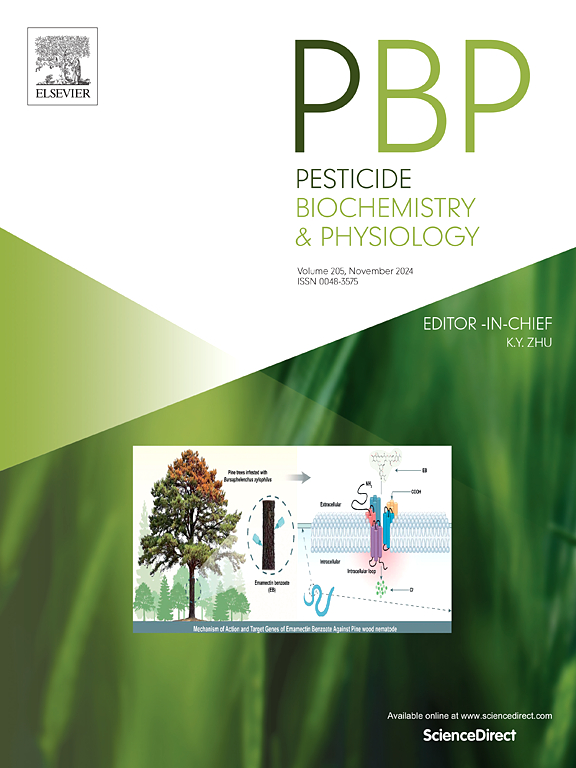GRAS salts in postharvest fruit preservation: Disease control, freshness retention, and application mode
IF 4.2
1区 农林科学
Q2 BIOCHEMISTRY & MOLECULAR BIOLOGY
引用次数: 0
Abstract
As consumers become increasingly aware of the nutritional and market value of fruit, postharvest decay and nutrient loss significantly reduce the economic value of fresh agricultural products. Traditionally, physical, chemical, and biological treatments have been employed to mitigate these issues. However, concerns over cost, safety, and environmental pollution have prompted the search for safer postharvest solutions. Generally Recognized As Safe (GRAS) salts, known for their safety and environmental friendliness, offer multiple benefits, including antimicrobial properties, the induction of fruit resistance, extended shelf life, and exemption from residue tolerances on agricultural commodities. This study aims to analyze the current understanding of the impact of postharvest application of GRAS salts on fruit quality and their inhibitory effects on postharvest pathogens, while also elucidating their mechanisms of action. The review begins with an overview of the legislative framework surrounding the use of GRAS salts, detailing their specific applications across various fruits and describing the different compounds involved. The focus then shifts to the antimicrobial mechanisms of GRAS salts and their effectiveness in different fruits. Finally, the study discusses the practical applications of GRAS salts in the industry and explores their future prospects in postharvest preservation. This review highlights the potential of GRAS salts in reducing losses and maintaining fruit quality, encouraging further research on their practical applications.

GRAS盐在水果采后保鲜中的应用:疾病控制、保鲜及应用方式
随着消费者越来越意识到水果的营养和市场价值,采后腐烂和营养损失显著降低了新鲜农产品的经济价值。传统上,物理、化学和生物处理已被用来缓解这些问题。然而,对成本、安全和环境污染的担忧促使人们寻找更安全的采收后解决方案。公认安全(GRAS)盐以其安全和环保而闻名,具有多种优点,包括抗菌性能、诱导水果抗性、延长保质期和免除农产品残留耐受性。本研究旨在分析目前对采后施用GRAS盐对果实品质的影响及其对采后病原菌的抑制作用的认识,并阐明其作用机制。本文首先概述了有关GRAS盐使用的立法框架,详细介绍了它们在各种水果中的具体应用,并描述了所涉及的不同化合物。然后重点转移到GRAS盐的抗菌机制及其在不同水果中的有效性。最后,讨论了GRAS盐在工业上的实际应用,并对其在采后保鲜中的应用前景进行了展望。这篇综述强调了GRAS盐在减少损失和保持水果品质方面的潜力,鼓励对其实际应用的进一步研究。
本文章由计算机程序翻译,如有差异,请以英文原文为准。
求助全文
约1分钟内获得全文
求助全文
来源期刊
CiteScore
7.00
自引率
8.50%
发文量
238
审稿时长
4.2 months
期刊介绍:
Pesticide Biochemistry and Physiology publishes original scientific articles pertaining to the mode of action of plant protection agents such as insecticides, fungicides, herbicides, and similar compounds, including nonlethal pest control agents, biosynthesis of pheromones, hormones, and plant resistance agents. Manuscripts may include a biochemical, physiological, or molecular study for an understanding of comparative toxicology or selective toxicity of both target and nontarget organisms. Particular interest will be given to studies on the molecular biology of pest control, toxicology, and pesticide resistance.
Research Areas Emphasized Include the Biochemistry and Physiology of:
• Comparative toxicity
• Mode of action
• Pathophysiology
• Plant growth regulators
• Resistance
• Other effects of pesticides on both parasites and hosts.

 求助内容:
求助内容: 应助结果提醒方式:
应助结果提醒方式:


